Kosovo, Montenegro and Republika Srpska excluded from EU grants
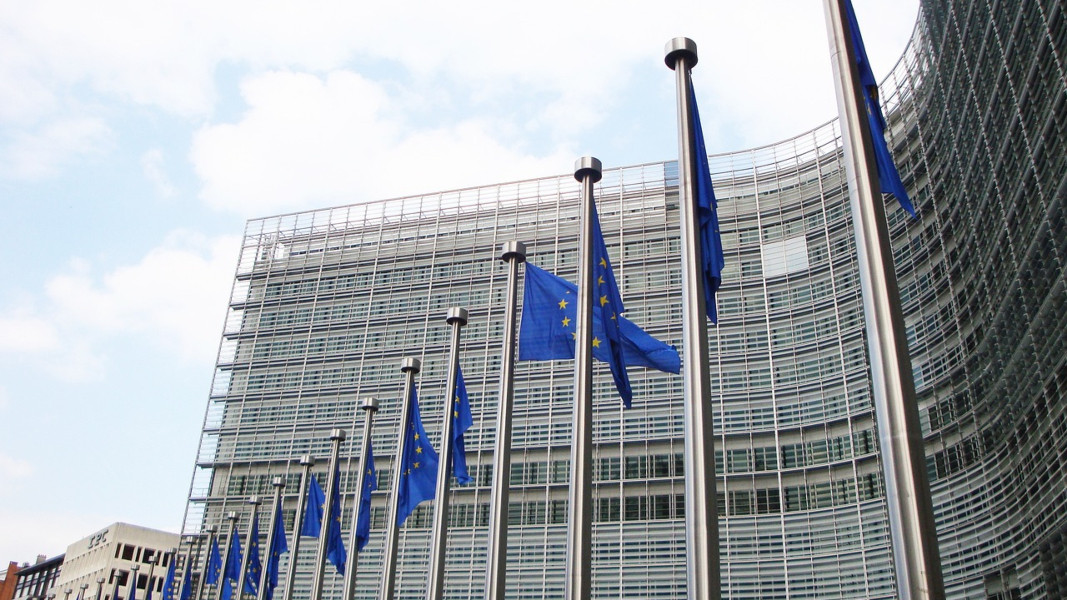
Kosovo, Montenegro, and the entity of Republika Srpska in Bosnia and Herzegovina have been left out of the grants approved by the European Union for projects under the Western Balkans Investment Framework. Serbia, Albania, North Macedonia and Bosnia and Herzegovina, respectively the Bosnian-Croat Federation, benefited from these investments. The Western Balkans Investment Framework is a joint initiative of the EU, financial institutions, bilateral donors and beneficiaries, aimed at enhancing harmonization and cooperation in investments for the socio-economic development and European perspective of the countries of the Western Balkans. The total value of the framework is EUR 2.1 billion, „Albanian Daily News“ announced. Kosovo has not benefited from the grants, because the European Union imposed punitive measures against Pristina due to the non-fulfillment of Brussel’s demands for the de-escalation of the situation in Northern Kosovo. The projects presented by Podgorica have been assessed as “premature and inappropriate”. The funds for Banja Luka were suspended due to secessionist rhetoric and actions against statehood in Bosnia and Herzegovina.
Aleksandar Vučić requests an urgent meeting of the UN Security Council on North Kosovo
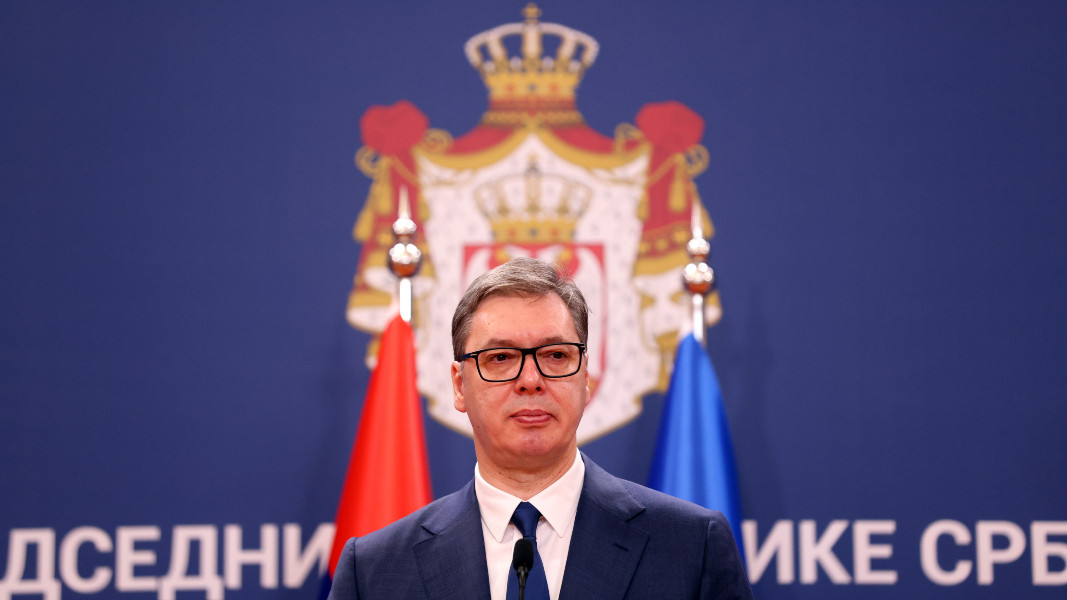
In an address to the Serbian people, Serbia's President Aleksandar Vučić said that he would request an urgent meeting of the UN Security Council because "the lives of Serbs in Kosovo and Metohija are threatened". Vučić said that he would request the Security Council to order KFOR to prevent any further actions by Kosovo’s security structures that “threaten the lives, freedom, security and survival of Serbs in Kosovo”. NATO Assistant Secretary General for Operations Thomas Goffus said that Kosovo and Serbia had not heeded international calls to take steps to de-escalating tensions involving ethnic Serbs in Kosovo’s north which have threatened NATO peacekeepers.
Romania inaugurates Braila bridge over the Danube
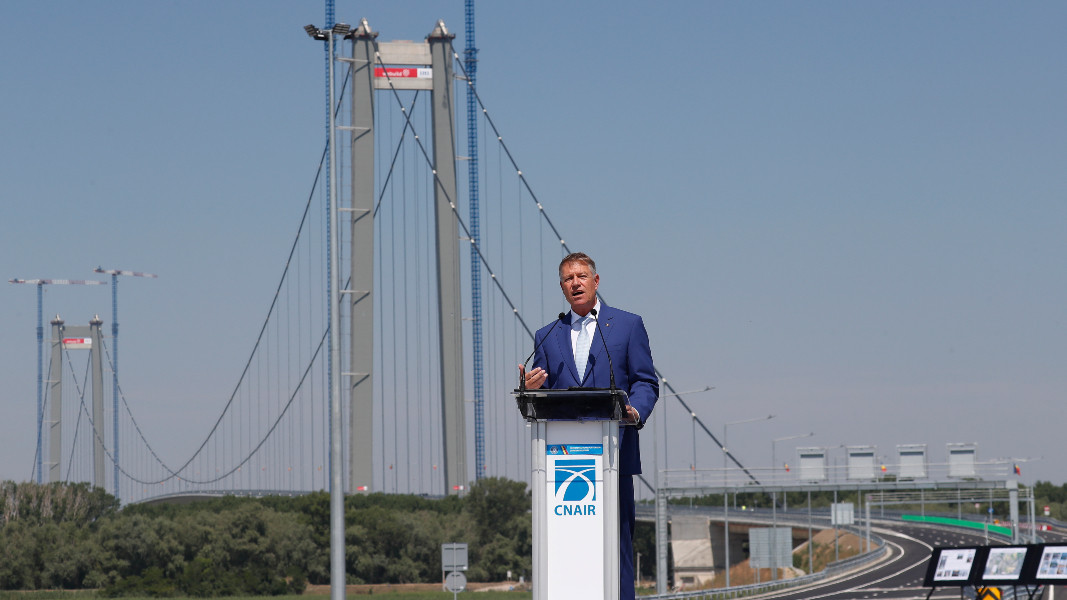
A bridge over the Danube connecting the counties of Braila and Tulcea in Eastern Romania was inaugurated, agerpres.ro announced. At the ceremony Romania’s President Klaus Iohannis said that “the suspension bridge is the largest construction built in Romania in the last three decades, which is a new proof that major infrastructure projects can be completed in Romania”. Its construction began in 2017. The project’s total value has exceeded EUR 400 million. This is the last bridge over the Danube before its flowing into the Black Sea and has been designed to have a lifespan of 120 years. It will connect the Black Sea ports and the Danube Delta with the rest of the country and with the wider Trans-European Transport Network. The EU’s contribution to this project amounts to EUR 363 million from Cohesion Policy funds. 2 km long, 38 meters above the water and with four lanes, this suspended bridge is the largest in Romania and the largest over the Danube and, overall, the third largest suspension bridge in the EU. The bridge is expected to cut travel time by around 50 minutes and serve more than 11,000 vehicles a day.
Turkiye in talks to sell operating rights of Alsancak Port in Izmir
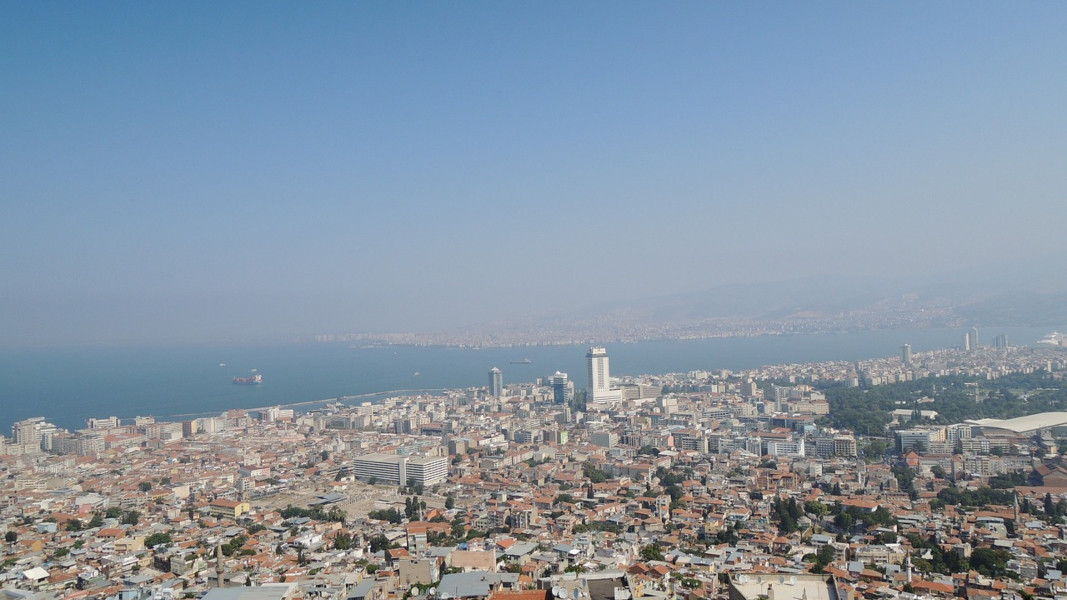
“Turkiye is negotiating with Gulf Arab countries to sell the operating rights for Alsancak Port in the Aegean city of Izmir, in what would be the first major deal under Turkey’s push for foreign investment under its new economic team”, Bloomberg reported. The country’s Transportation and Infrastructure Minister Abdulkadir Uraloglu said that Turkiye was in talks with Gulf countries over the sale of the Aegean port. Minister Uraloglu did not name the potential buyers and did not indicate the potential value of the deal. Turkiye‘s President Recep Tayyip Erdogan will visit the United Arab Emirates, Saudi Arabia and Qatar at the end of July to attract investment. The joint venture including Hutchinson Port Holdings and Global Yatırım Holding have already submitted a USD 1.28 billion bid for the port, but the court has suspended the deal.
The new Eleusinian mysteries are ecological
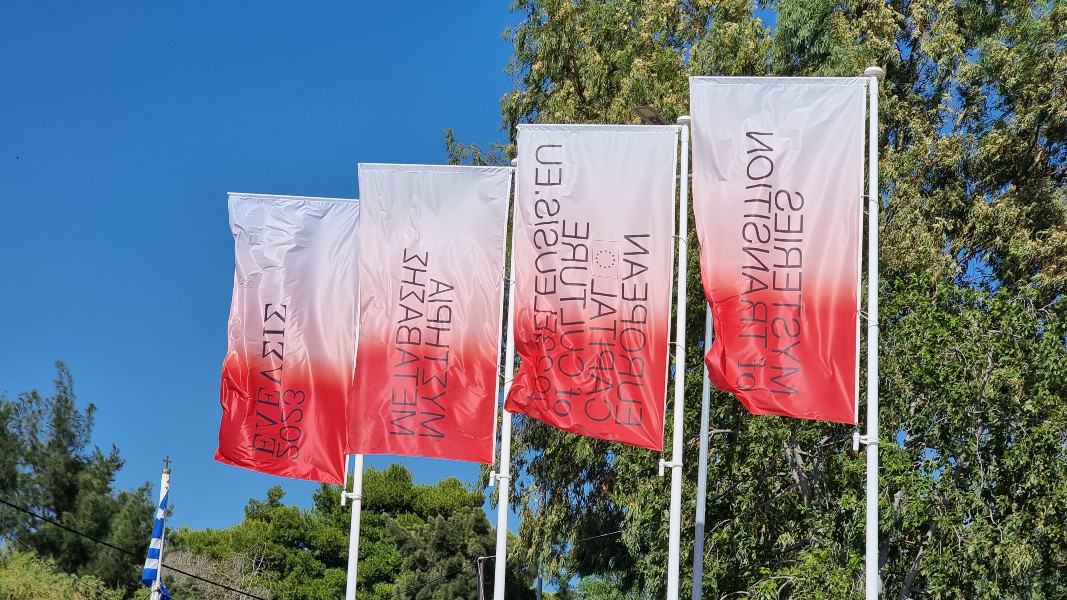
Centuries after the end of the Eleusinian rituals honouring goddesses Demeter and Persephone, new "mysteries" are now taking place in the Greek town of Elefsina near Athens. This is the name given to the various cultural events in the suburb of Athens, because Elefsina is one of the three European Capitals of Culture in 2023. Unlike the ancient mysteries which were associated with the agricultural ritual of fertility and the rebirth of nature, the new ones are ecological – they are about the relationship between environment and labour. They are also called "mysteries of transition" because they reflect the unique characteristics of the city and the contemporary challenges facing Elefsina and Europe, such as environmental pollution. Some of the largest industrial enterprises in Greece including an oil refinery and a shipyard are located in the area of Elefsina, BTA reported.
Published and translated by: Kostadin Atanasov
This year, Orthodox and Catholic Christians will celebrate the Resurrection of Christ togethe r. On the same date, the entire Christian world will turn its gaze to the empty tomb and will try, to the best of its ability, to empathize with the amazement..
A pink pelican has become a real attraction for the residents of Varna. Hundreds of people have spotted it in the area of the Marine Station in the coastal city and rushed to post his photos on social networks. The pelican is already known there by the..
The prices of Easter goods are rising The Easter meal in the Balkan countries will be more expensive this year, BTA reports. Lamb in Serbia costs about 1,400 dinars (EUR 11.5) per kilogram in supermarkets. On Good Friday, fish..
A pink pelican has become a real attraction for the residents of Varna. Hundreds of people have spotted it in the area of the Marine Station in the..
This year, Orthodox and Catholic Christians will celebrate the Resurrection of Christ togethe r. On the same date, the entire Christian world will turn..

+359 2 9336 661
